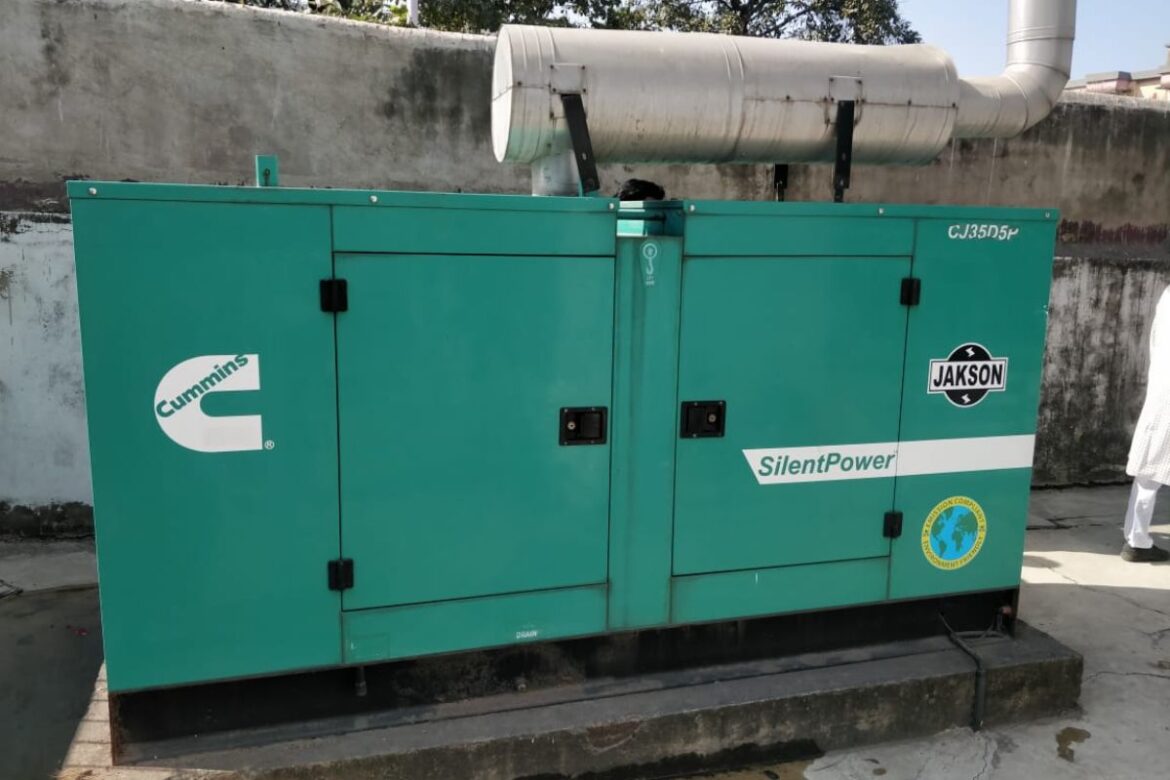Caterers or Event organizers often ask us questions regarding power backup generators and the larger pieces of equipment that we hire like ovens and hot cupboards. This is because they want to make sure that everything runs smoothly.
The Need For Adequate Power. A Guide For Event Organizers and Caterers To Opt For The Best Generator
The typical questions that run in our mind before we plan for a generator rental service are:
- “What is x in kilowatts?”
- “What should I do if the boiler doesn’t work?”
- “Is the oven not heating up?”
Balaji Generator rental service in Kolkata provides quality services and operates across East India. Our services are smoothly accessible in the states of West Bengal, Assam, Odisha, Jharkhand, Chhattisgarh, and parts of Bihar, also Karnataka, Telengana, Andhra Pradesh, and Tamil Nadu in the South. All our electrical equipment goes through a series of tests and inspections before each hire so that it is working perfectly and safely when it leaves us for your event.
There is quite a bit of juice required by these pieces of kitchen equipment. In the event that all the equipment is fired up or used at once, without the required power or the right size generator, problems can occur and power can even be cut off.
As you read this guide, we hope it will help you understand how power works and what you should ask the client when you’re booked.
It is important to have the right kitchen or tent space, but it is even more important to have the right power backup solution.
Let’s understand what is watt and how to calculate it for your needs
This is going to be a little geeky, please stay with us and we will make this simple and easy for you.
There are actually two kinds of watts.
- Running watts – continuous watts produced to keep items running.
- Starting watts – the extra power needed to start large motor-driven appliances or multiple items.
Here, you must focus on getting more power than you need. You’ll really drain the power supply when all the kit is running simultaneously. Having more watts at your disposal allows you to power up more items without having to worry about power outages.
Consider learning about amps and voltage too before deciding which generator you need to hire
An “amp”, short for ampere, is a unit of electrical current which SI defines in terms of other base units by measuring the electromagnetic force between electrical conductors carrying electric current.
“Voltage” (V) is the potential for energy to move and is analogous to water pressure. The characteristics of voltage are like that of water flowing through pipes. This is known as the “water-flow analogy”, which is sometimes used to explain electric circuits by comparing them with a closed system of water-filled pipes, or “water circuit”, that is pressurized by a pump.
In short
- An amp is a measure of electric current
- Voltage is the measure of pressure.
Watts/Voltage = amps
Now that we have the technical side out of the way, let us consider what your event will be like.
What do you need in your kitchen? And what watt do you need?
When you discuss the event with your client, you will instinctively know who you need to hire in order to create the food they are requesting. It is likely that most of this will be the same across all of your events.
Since you will be providing them with a quote for the job, you should factor in the cost of hiring the equipment, right?
At this point, you should do some math and ask them if they have planned for the power you will need – let alone the power others will require at the event.
To begin with, make a list of the equipment you will need and add up the wattage you require. Be sure to purchase the maximum amount of coverage you will need in order to be adequately protected.
Here is what the typical kitchen equipment will draw from the generator’s power supply:
- Turbo oven = 3KW
- Hot cupboard = 2KW
- Hot holding cupboard = 1.5KW
- Water boiler/tea urn = 3KW
- Mobile hand wash = 2KW
A caterer would be expected to need the following items for a wedding of 100/120 guests:
- 1 or 2 Turbo ovens
- 1 x hot cupboard
- 1 x Water Boiler
- Potentially 1 x mobile hand wash
- 1 x gas oven (Irrelevant in the KW calculation)
So for the above example, you’d need 14.5KW to run your kitchen at full pelt and that’s just the kitchen. You are still to consider your lighting, fridge van, musical equipment, and more. We estimate this will sum up to somewhere around 20kW. Now recall when we said to get at least excess power back up than what you actually need to avoid any outages. Balaji Generator offers silent generators on rent ranging from 25kW to 1250kW to fit in the smallest and also the largest gatherings. We are experienced and equipped with the latest models.
